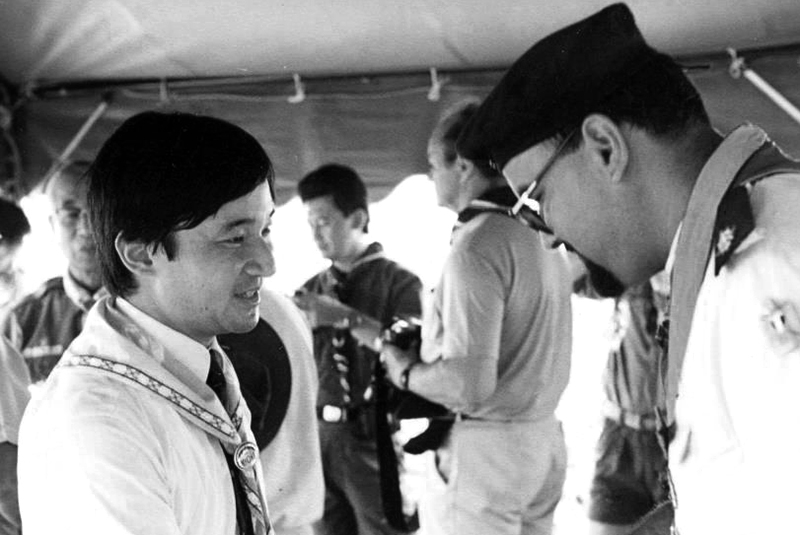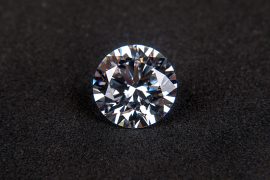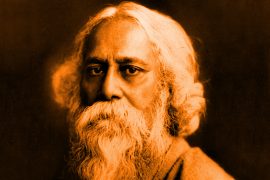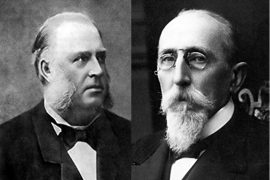On 30 April 2019, the Heisei era came to a close in Japan, and the Reiwa era started. For the first time in history, the change was not caused by a ‘divine intervention’ or natural phenomenon, i.e., the passing of an Emperor. Instead, it was caused by human intervention – the first ever abdication by a Japanese monarch and the ascension of his son.
Emperor Akihito demitted his throne and title on 30 April 2019, bringing his era of Heisei to a close. This period had started with the demise of the Emperor Showa (known as Emperor Hirohito in his lifetime) in 1989 and continued till 30 April 2019. Its literal kanji meaning was “Achieving Peace,” appropriate for the new period when the first post-war accession took place.
The name chosen for Emperor Naruhito’s period is Reiwa, which means “Ordering Peace.” However, in literary style, it indicates “auspicious” or “harmonious.” Such a name has been chosen, for the first time, from Japanese literature and not merely from its Chinese linguistic roots; the characters are taken from a stanza in a poem about plum blossoms that appears in Man’yoshu, the oldest existing collection of Japanese poetry, compiled sometime after 759.
-30-
Copyright©Madras Courier, All Rights Reserved. You may share using our article tools. Please don't cut articles from madrascourier.com and redistribute by email, post to the web, mobile phone or social media.Please send in your feed back and comments to [email protected]











